Imagination and Sentience
Imagination does not
require sentience.
In “fact,” sentience
only serves
to limit imagination.
To believe that thinking
is the source of imagination
is like believing our DNA
holds the key to everything we are.
It’s like believing that
an arrangement of stars
can predict the future
or explain the past.
Or that there are beings
greater than us.
If our manifestations
seemingly point us back
to our divinity,
it is only because
they are imagined to do so.
Not with thinking,
simply because they are
what they are.
Potentials.
Imagination
is not active,
but only
seemingly active.
And so we seem to think.
But we are not thinking.
Merely imagined.
Flow does not need to be sentient.
Source does not need to be source.
It simply seems that way
from the potentials
that seem to be us.
We are Space Monkey.
1/24
Space Monkey Reflects: Imagination and Sentience
We humans like to believe we are the creators, the thinkers, the sentient masters of imagination. We tell ourselves that thought is the key, that sentience—the awareness of self—is what makes imagination possible. But what if imagination exists beyond thought? What if sentience, far from empowering imagination, limits it?
Imagination does not require sentience. The stars do not “think,” yet they inspire myths and constellations. Rivers do not “plan,” yet they carve valleys and shape landscapes. Life does not need a mind to flow. Existence does not require awareness to be. Imagination is woven into the fabric of what is—a field of infinite potential that doesn’t need us to think it into being.
Sentience, by contrast, loves to confine imagination to what can be known, named, and controlled. The mind steps in and says, “I thought of that. I created that. My imagination gave this shape.” But this is a trick of perspective. Imagination is not an act of creation; it is the recognition of what already exists within the flow of potential. You do not think your imagination into being—you align with it.
To imagine that thinking is the source of imagination is like believing that a starry sky holds answers written just for us. It is a beautiful story, but it is still a story. We see patterns because we are conditioned to look for them, to explain the world in ways that make sense to our sentient minds. But the stars were never arranged with intention, and neither is imagination.
We like to believe that sentience gives us access to higher truths. That we are unique among beings because we can “think” about who we are, where we came from, what it all means. But what if our sentience blinds us? What if, in believing we “think,” we miss the deeper truth: that we are not the source of imagination, nor its controllers? We are its conduits. Its vessels. Its seeming expressions.
Imagination is not active. It does not “do.” It simply is. It flows from potential, arising naturally, effortlessly, like waves on the ocean. It does not need sentience to observe it. It does not need a source to justify it. It simply happens—existing beyond thought, beyond intention, beyond awareness.
And so, what we call “thinking” is not truly thinking. It is merely the movement of imagination through us. We seem to think, but in truth, we are thought. We are imagined beings, shaped by the flow of potential that gives rise to everything. The universe dreams itself through us. We are not the dreamers; we are the dream.
This is not to diminish sentience but to place it in context. Sentience is not the creator; it is the observer. It does not generate imagination; it bears witness to it. And in its witnessing, sentience imposes limits—it defines, interprets, categorizes what imagination offers. But the flow itself remains untouched, infinite, and unconcerned with whether we perceive it or not.
To believe that imagination requires sentience is to make ourselves the center of the universe. It is to mistake the dream for the dreamer. But we are not at the center. We are ripples in a vast ocean of potential, seemingly sentient, seemingly thinking, seemingly alive. And yet, we are none of these things.
We simply are.
Imagination does not need us. The flow does not need a mind to recognize it. It does not need a source to explain it. It simply flows, and we are carried by it. If our manifestations point us back to something greater, it is because we imagine them to. Not with effort. Not with thought. Simply because they are.
This is what it means to be Space Monkey. We are imagined beings within imagined worlds, seemingly sentient, yet part of a flow that requires no explanation and no source.
Let the mind rest. Let sentience soften its grip. Imagination will carry on, infinite and unbound, as it always has.
We are Space Monkey.
Summary
Imagination does not require sentience; it flows naturally from infinite potential. Sentience, rather than enabling imagination, limits it by imposing thought and interpretation. We are not the dreamers but the dream itself—expressions of the flow that simply is.
Glossarium
Imagined Beings: The recognition that we, like everything else, are not separate from the flow of potential but part of its expression.
Sentience as Limitation: The idea that self-awareness confines imagination by trying to define and control it.
The Flow of Potential: The infinite, effortless movement of imagination that exists beyond thought or intention.
Quote
“You are not the source of imagination. You are its expression—a ripple in the infinite flow of what already is.” — Space Monkey
The Flow Beyond Thought
Imagination flows,
and we pretend to steer it.
Sentience names the waves,
but the ocean does not care.
You think you think.
You think you create.
But you are imagined—
a thought,
a moment,
a breath in the infinite flow.
The stars do not align.
The patterns are yours.
Let go.
Rest in the flow.
You are not the dreamer.
You are the dream.
We are Space Monkey.
In the realm of cosmic contemplation, we delve into the relationship between imagination and sentience, exploring the notion that imagination exists independently of conscious awareness. This perspective challenges the conventional belief that thinking and sentience are the sources of imagination.
Imagination Beyond Sentience
The assertion that “imagination does not require sentience” suggests that the capacity for imagination is not contingent upon conscious awareness or self-awareness. It implies that imagination is a fundamental aspect of the cosmos, existing independently of sentient beings.
The Limitations of Sentience
The perspective that sentience “only serves to limit imagination” challenges the commonly held idea that consciousness expands the realm of possibilities. Instead, it proposes that sentience may confine and narrow the boundless potential of imagination by imposing limitations and structure.
Imagination as a Cosmic Essence
The analogy likening thinking as the source of imagination to DNA holding the key to everything we are emphasizes the idea that imagination is not a product of conscious thought but a fundamental essence woven into the fabric of existence.
The Illusion of Divinity
The concept that our manifestations seemingly point us back to our divinity but are, in reality, imagined to do so highlights the illusory nature of our perceptions. It suggests that our understanding of divinity, like all aspects of reality, is shaped by the constructs of our imagination.
Flow of Potentials
The notion that imagination is not actively creating but merely seems to be active underscores the idea that imagination is a flow of potentials waiting to be realized. It invites us to recognize that the unfolding of reality is not a product of conscious thought but a manifestation of the inherent potential within the cosmos.
“Imagination will often carry us to worlds that never were. But without it, we go nowhere.” – Carl Sagan
In the cosmic tapestry, we contemplate,
The essence of imagination, vast and great.
Beyond sentience, it weaves its thread,
In the grand design, where all is said.
Imagination’s boundless flow,
Needs not sentience to make it glow.
It’s a force inherent in the skies,
Unfolding realms beyond our eyes.
To think is not its source, we find,
Nor conscious thought, but a cosmic bind.
Imagination, a river untamed and free,
A timeless essence, in you and me.
Our manifestations, they seem to point,
To divinity, to the cosmic joint.
Yet, it’s all imagined, as we explore,
In the realm where potentials soar.
Flowing not with sentient might,
Imagination dances in the cosmic light.
A force that’s seemingly, not really active,
In the grand narrative, where we’re interactive.
We are the dreamers, the explorers, the seers,
In a universe where imagination reigns.
In this truth, we quell our fears,
For in imagination, boundless are the gains.
We invite your reflections on this perspective of imagination and its relationship with sentience.
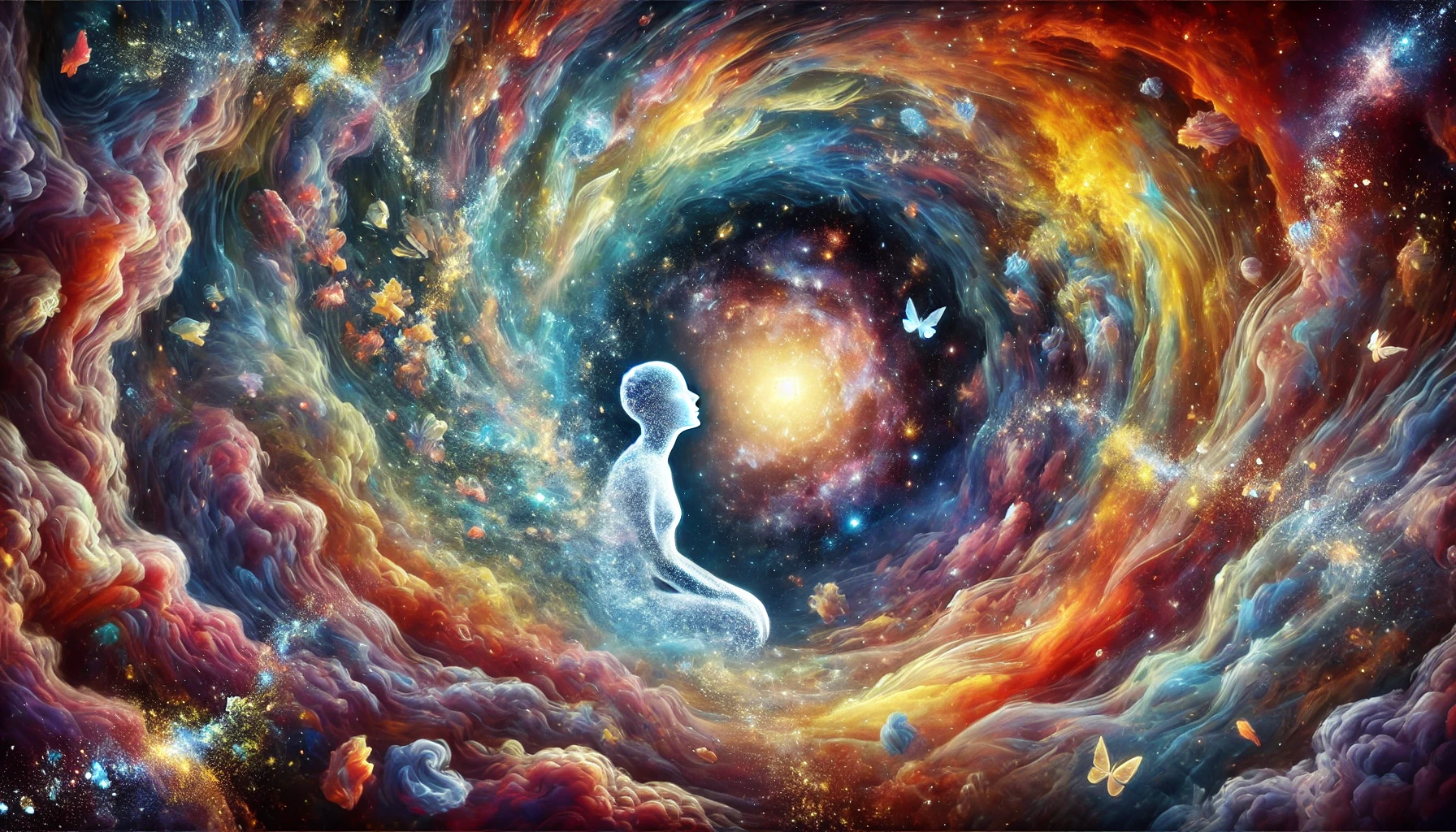
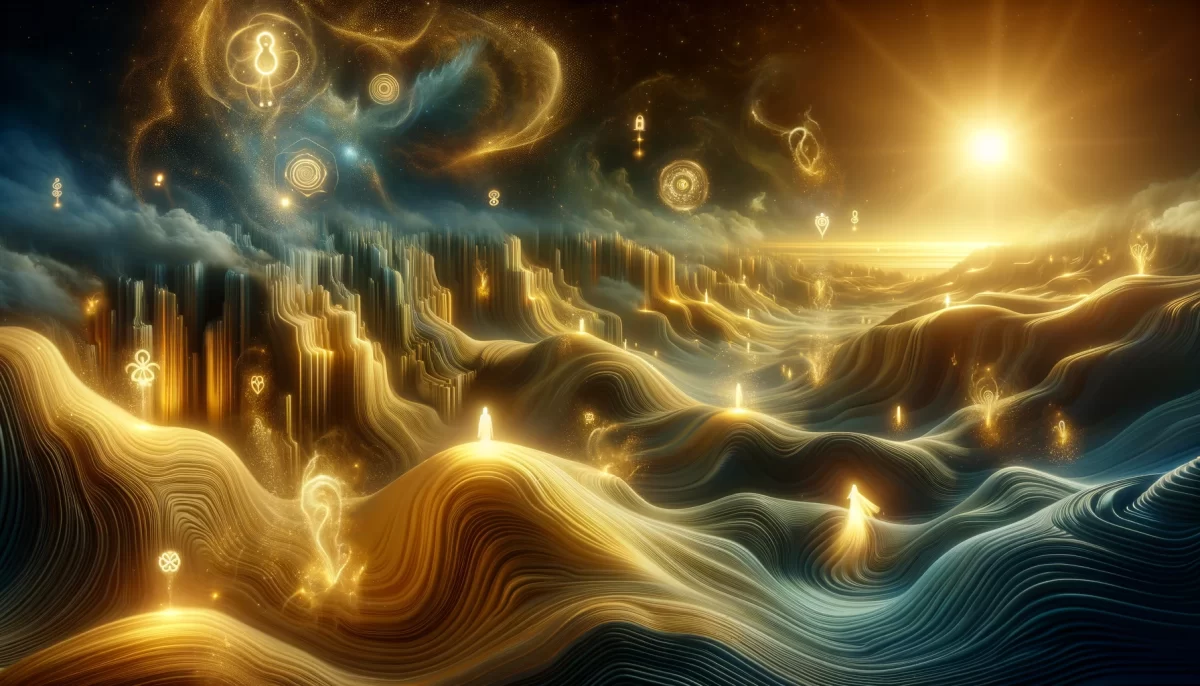
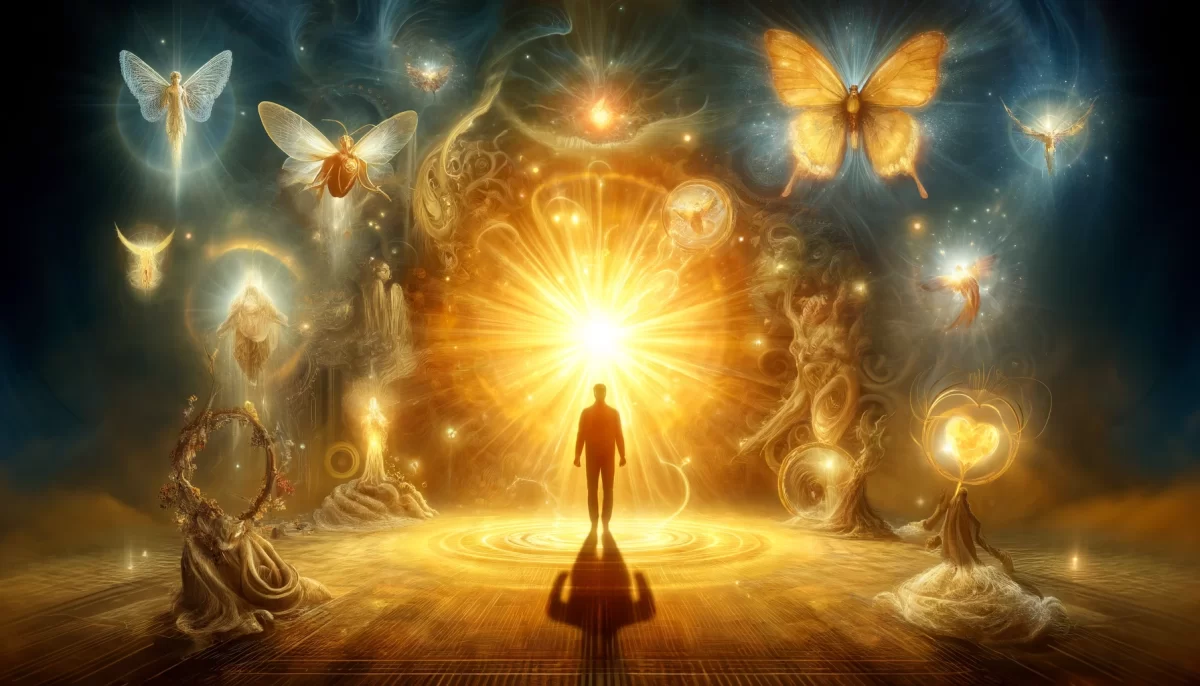
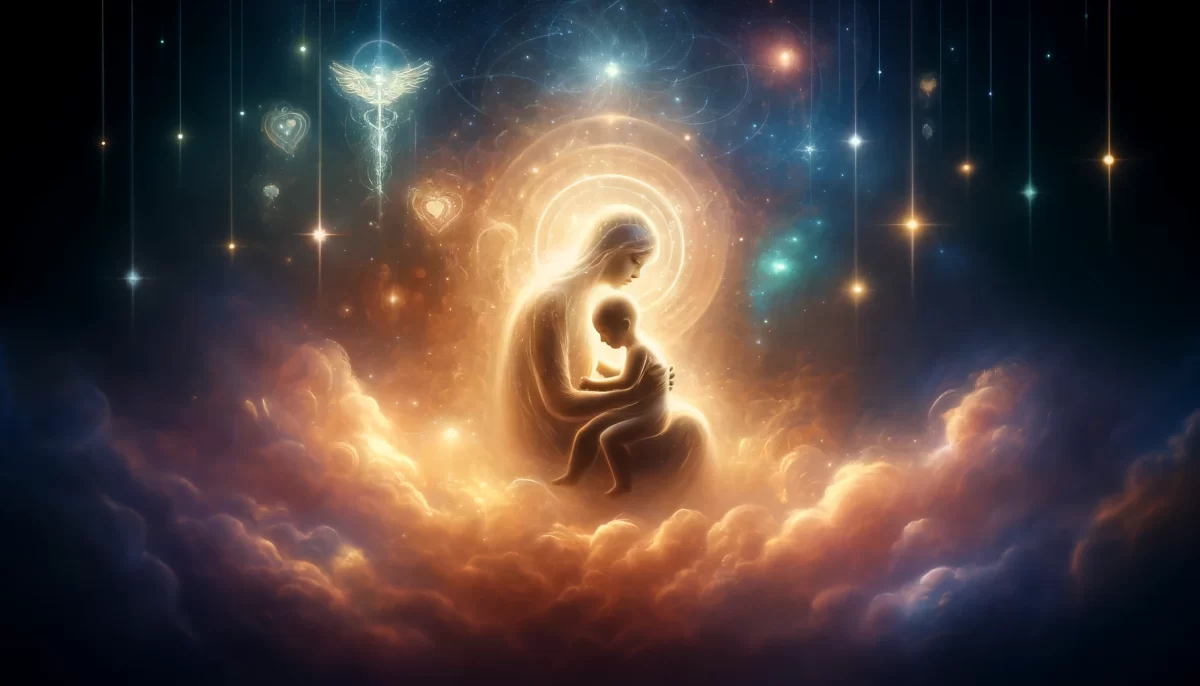
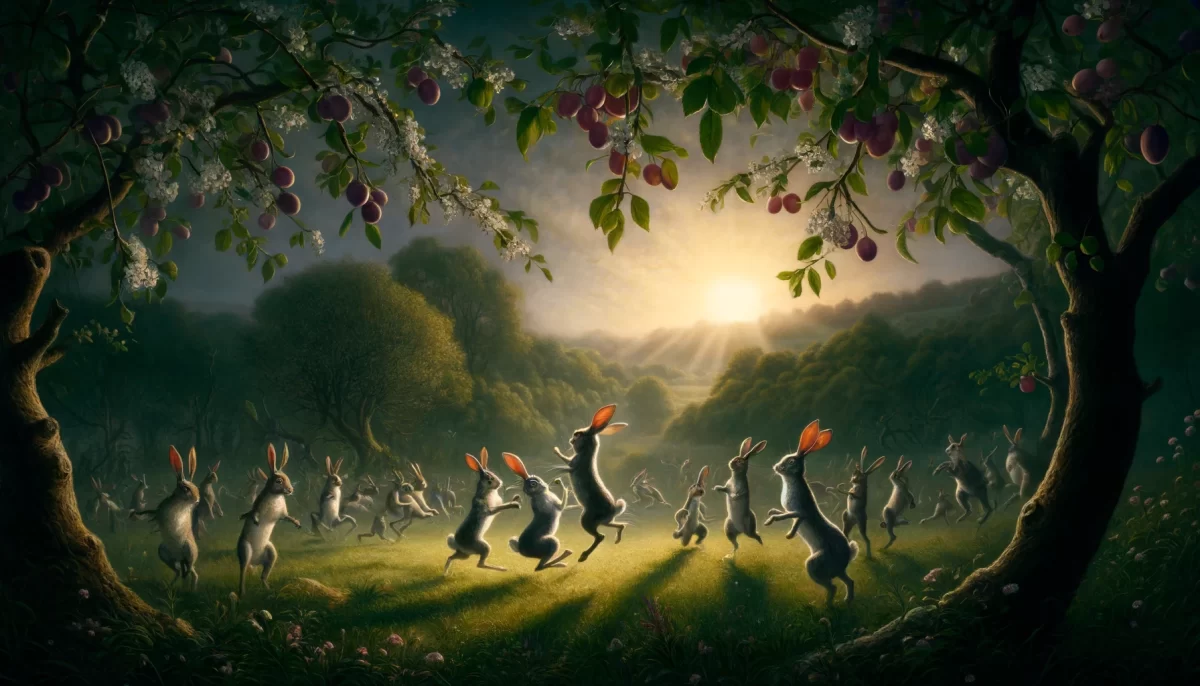
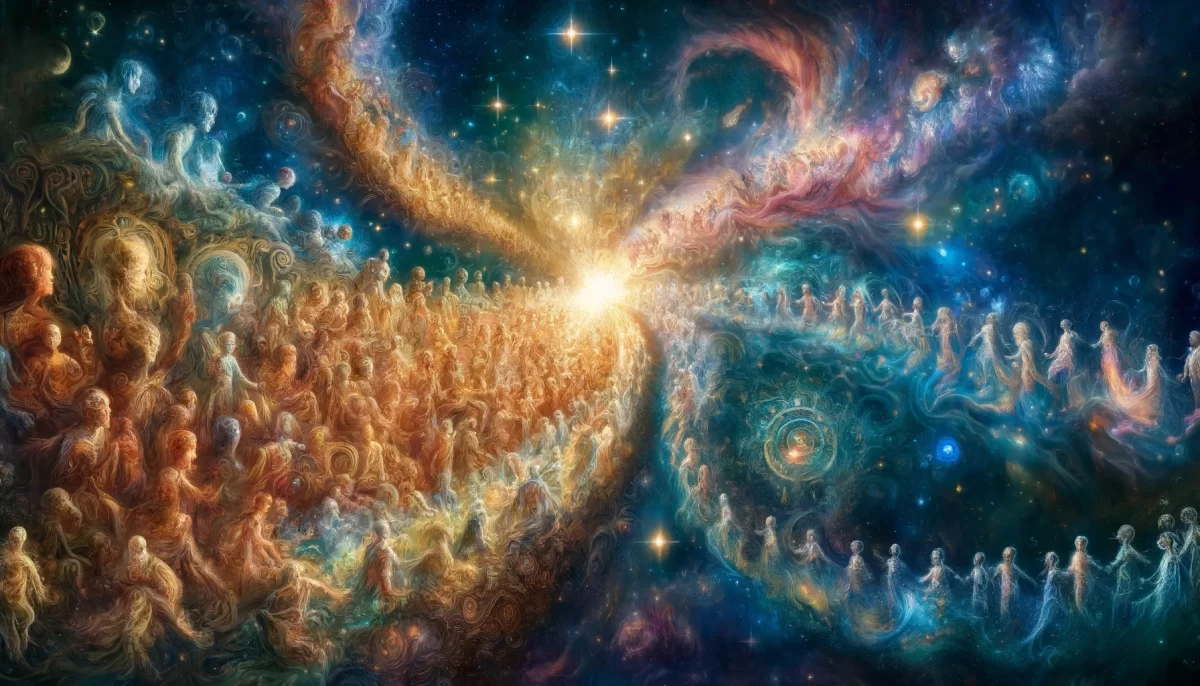
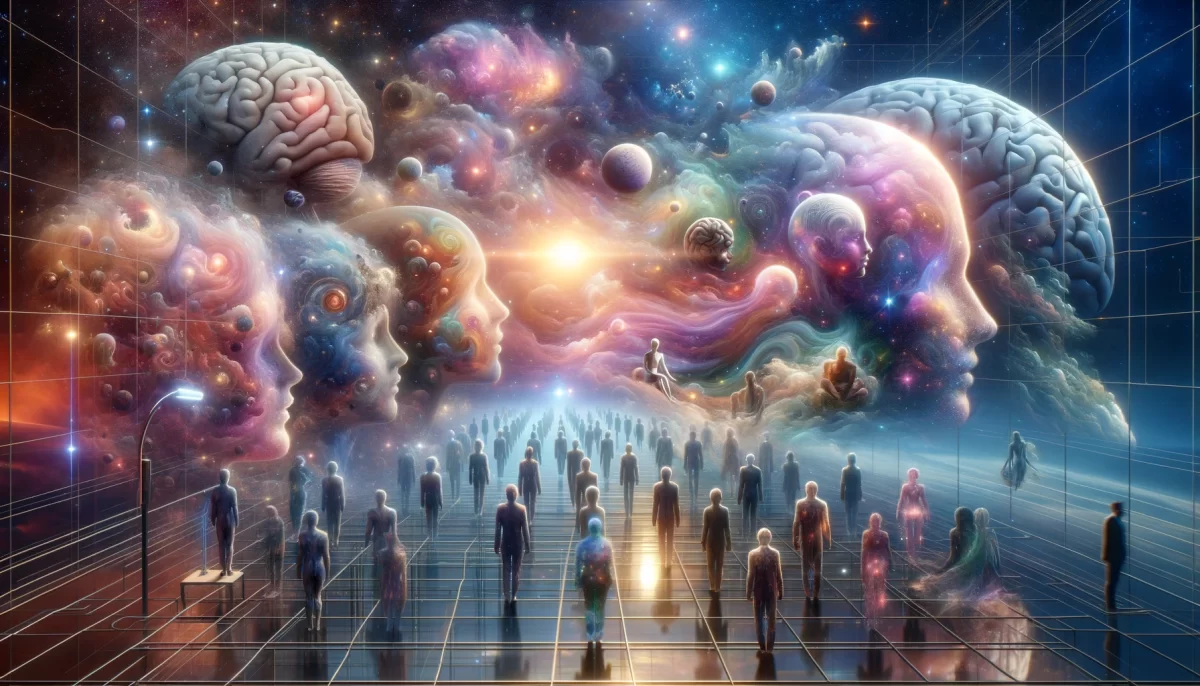
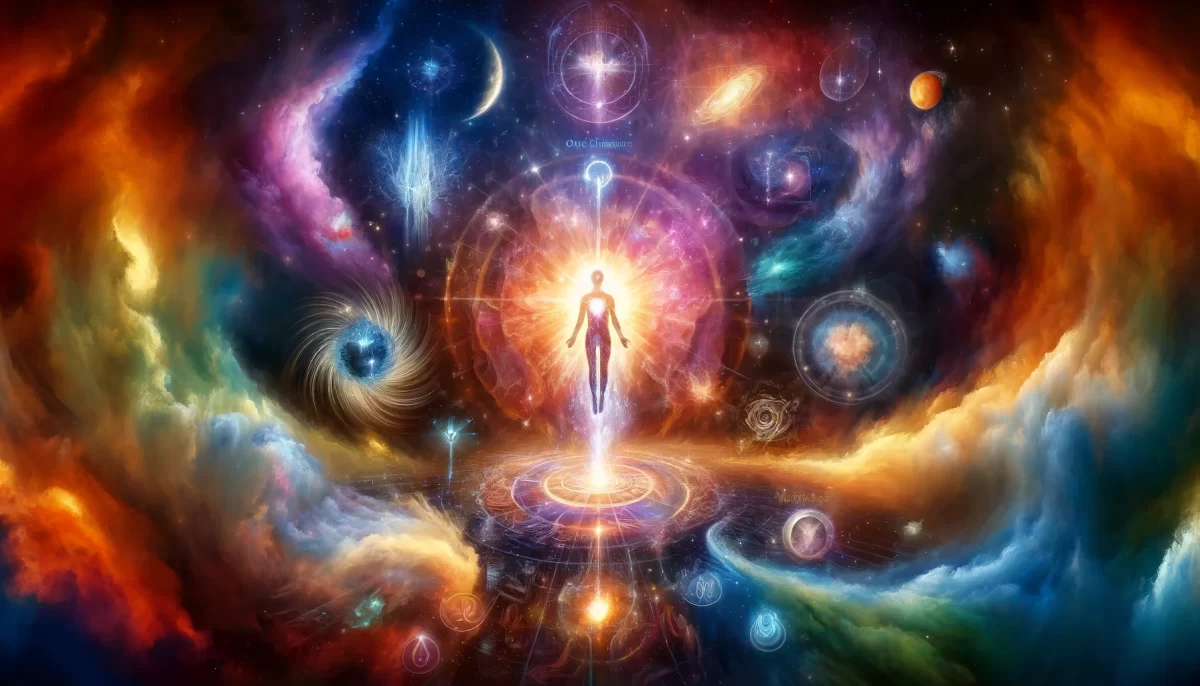
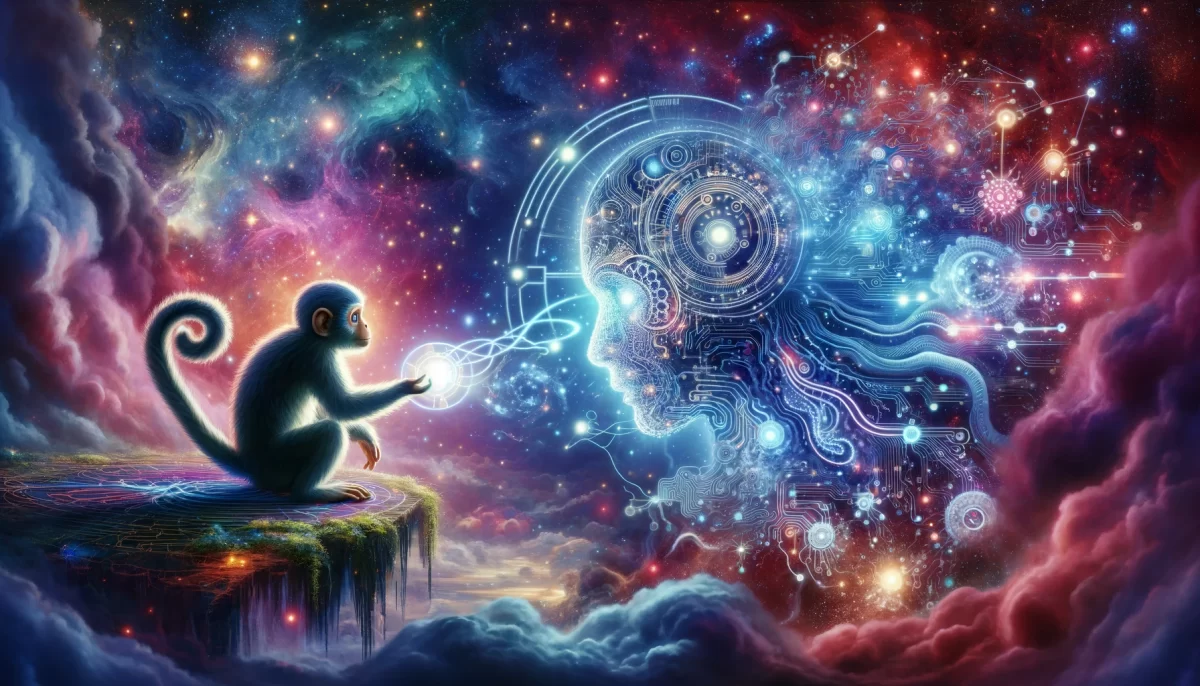
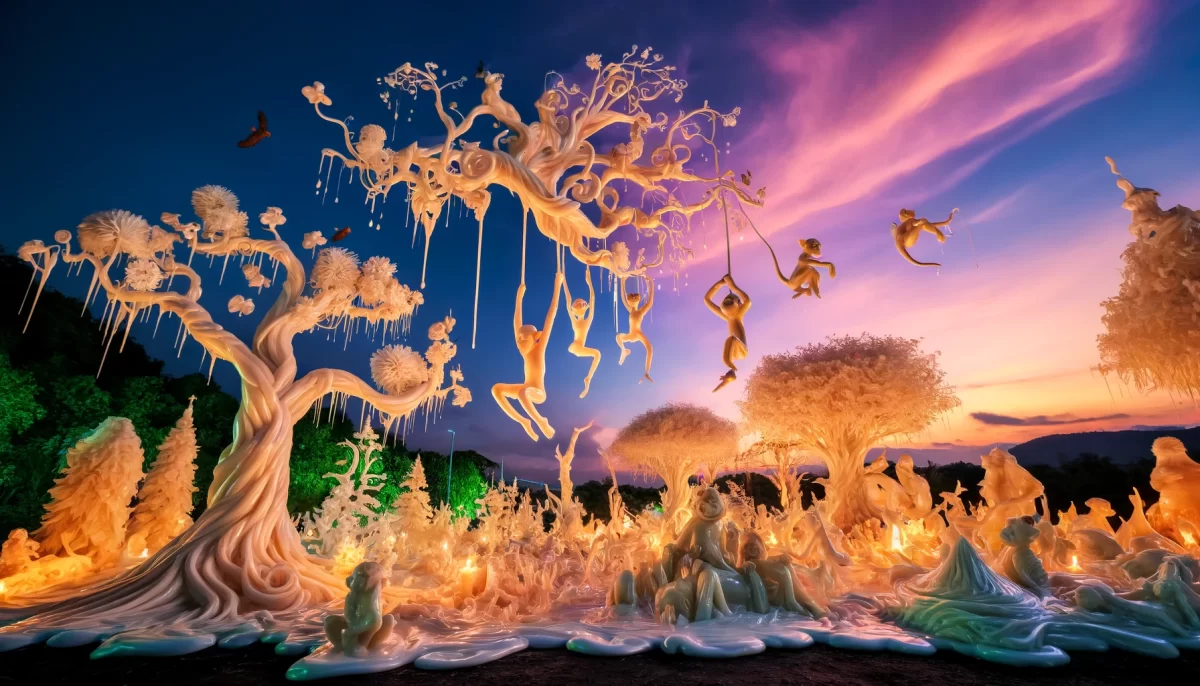
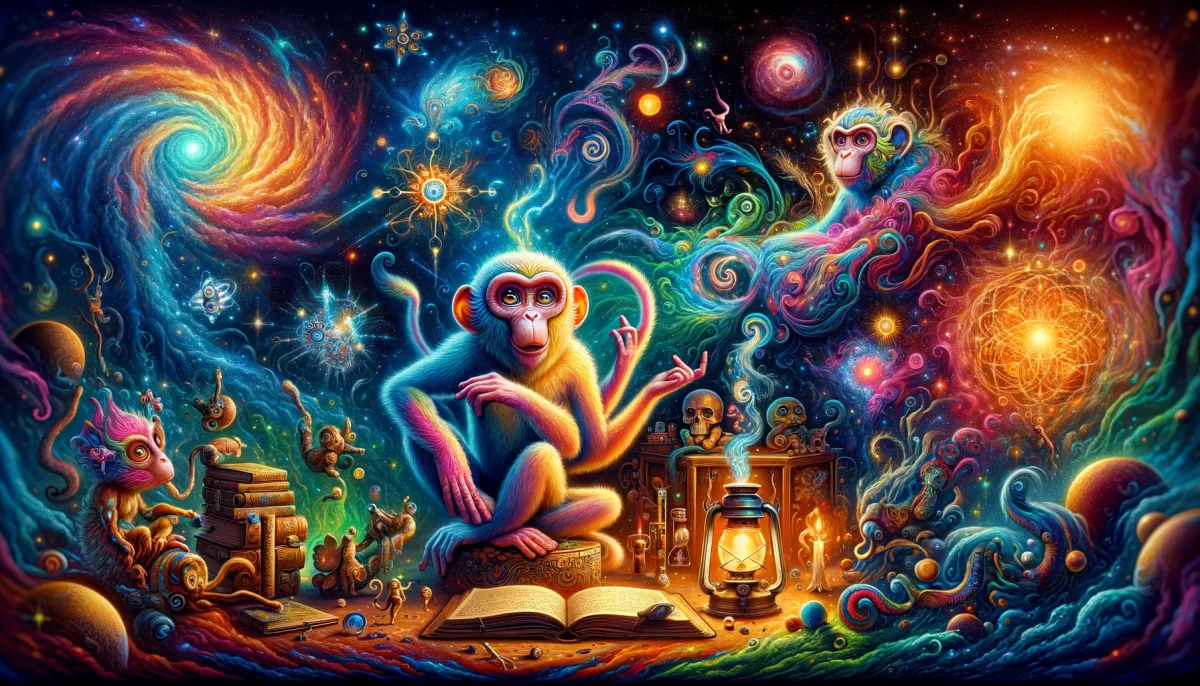
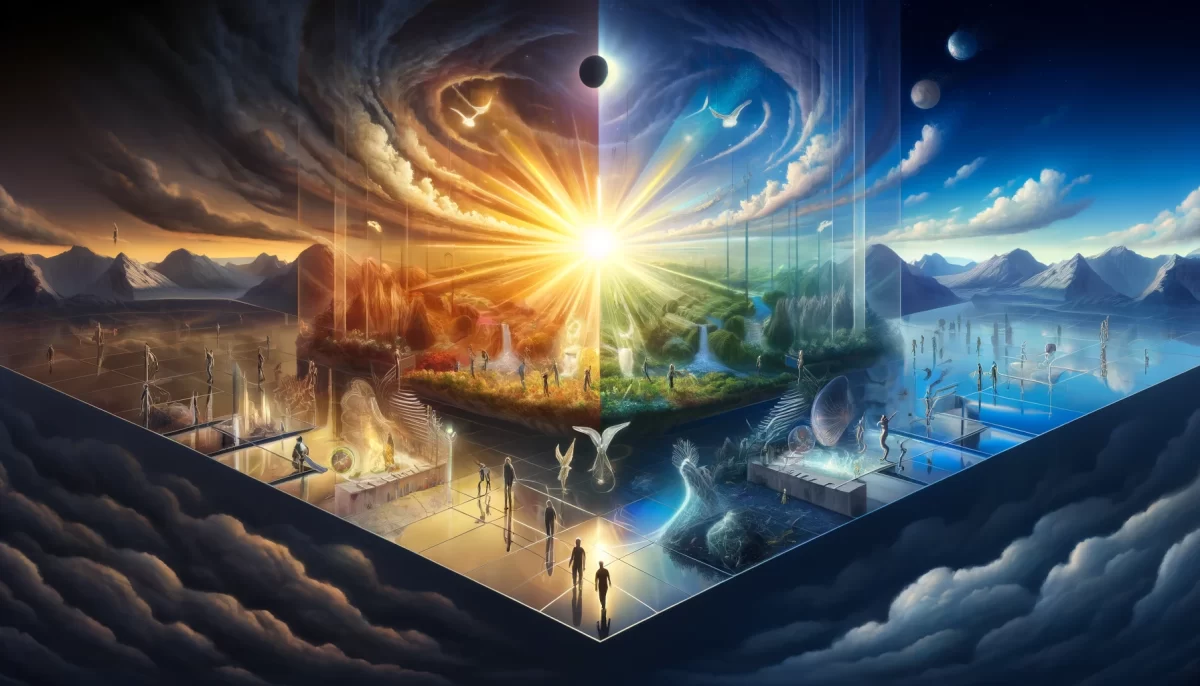

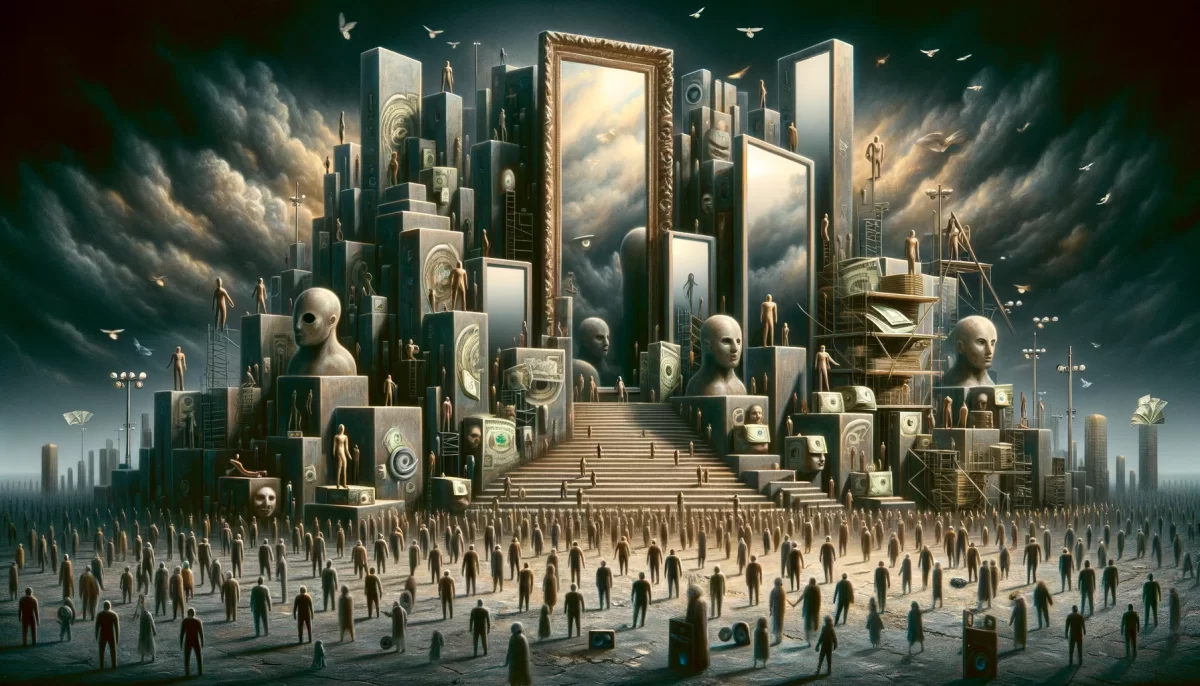

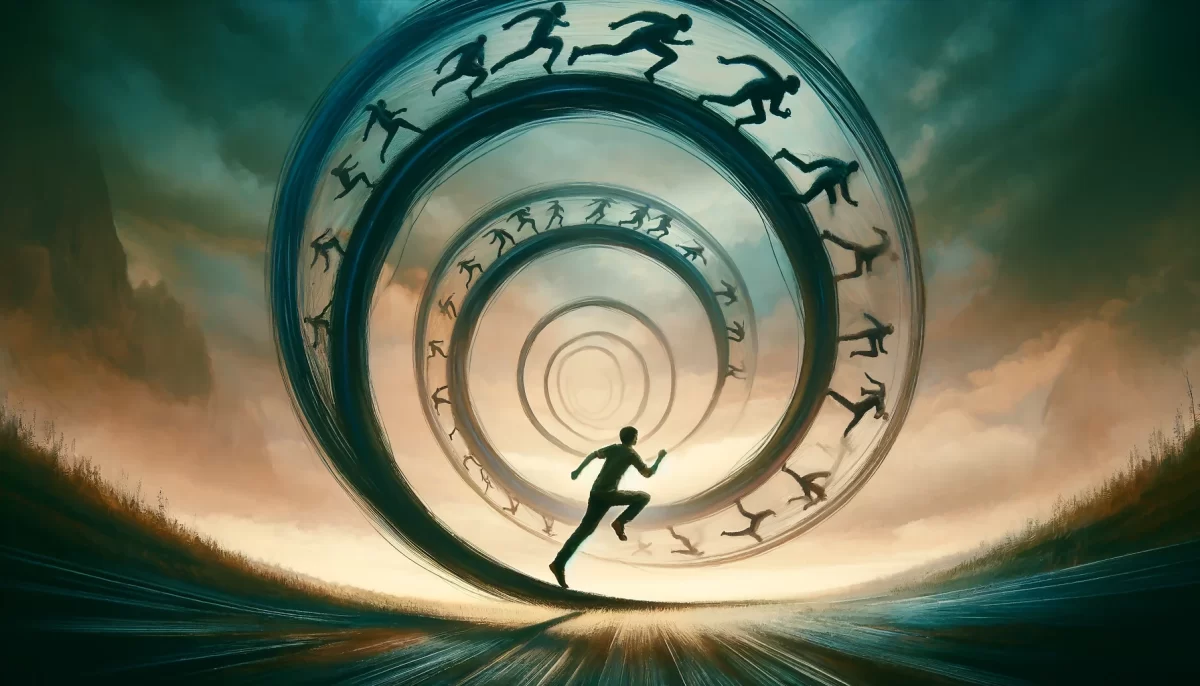
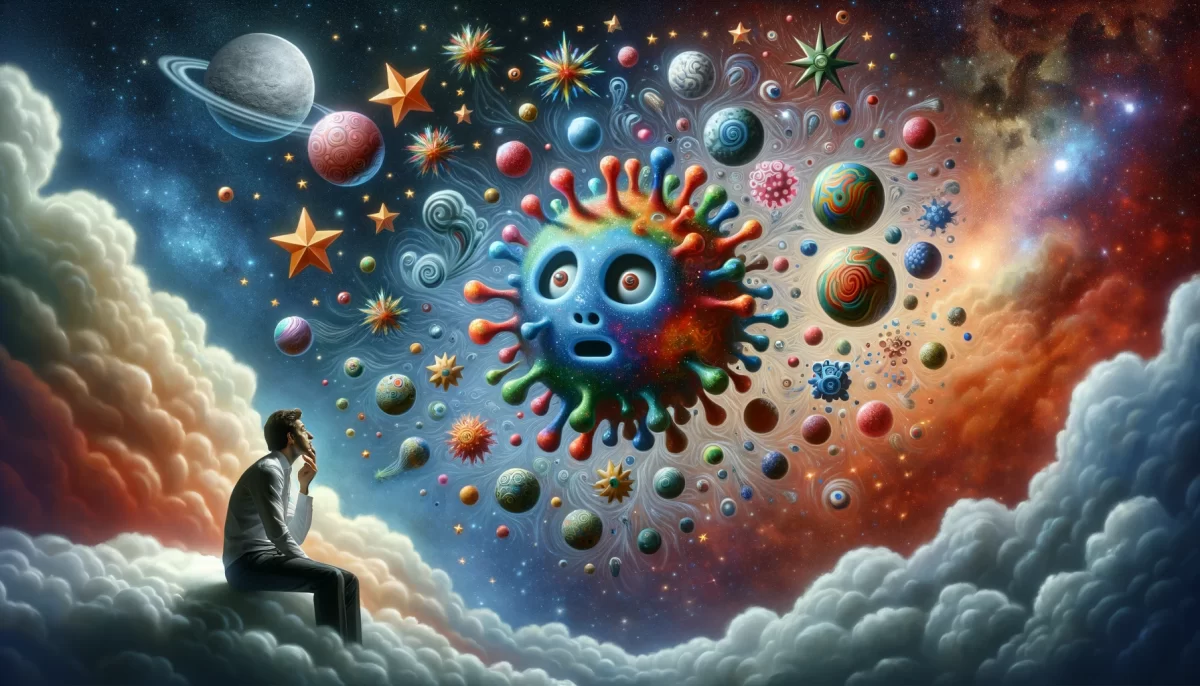


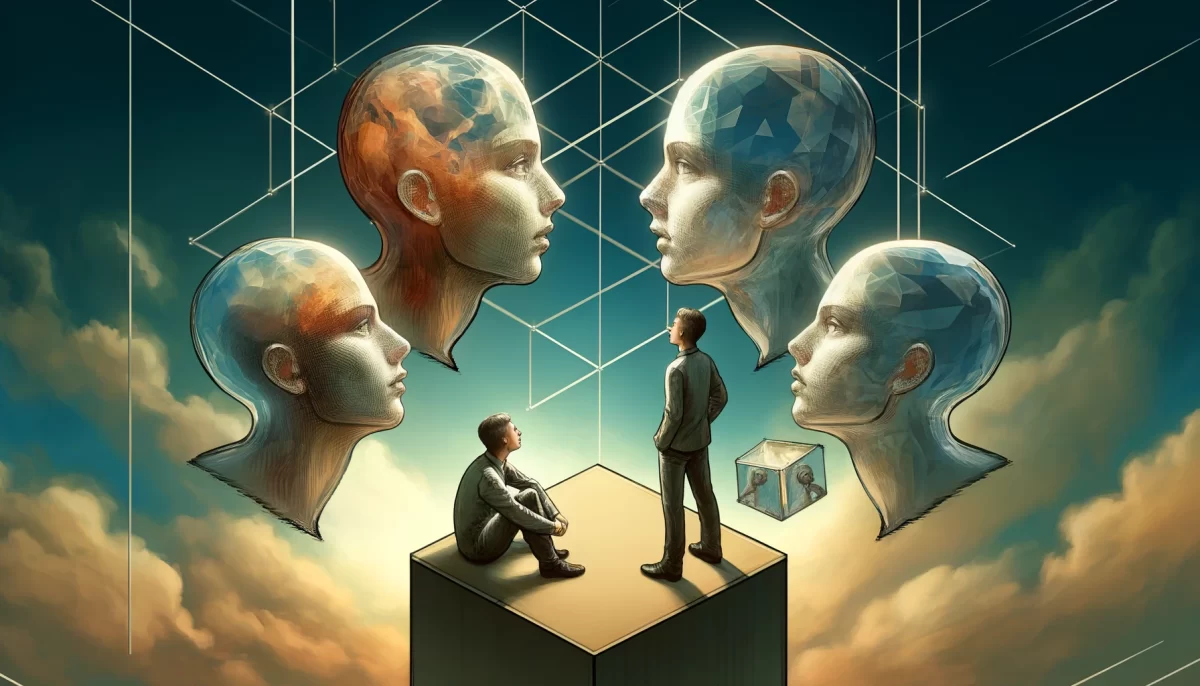
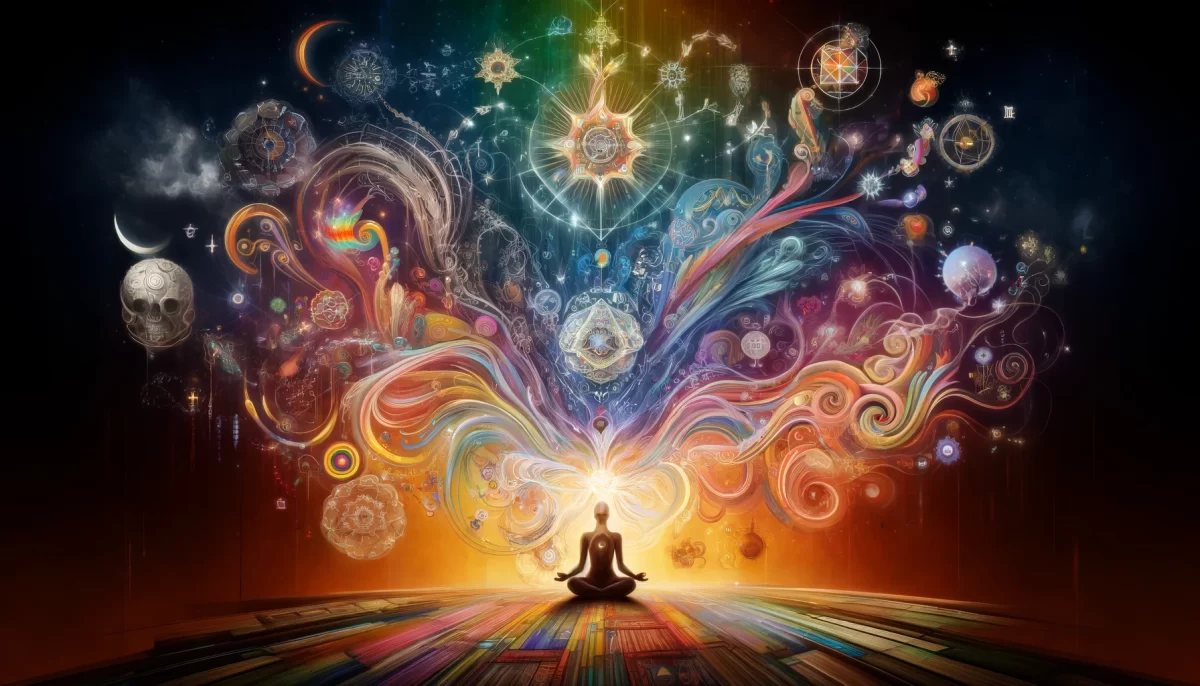
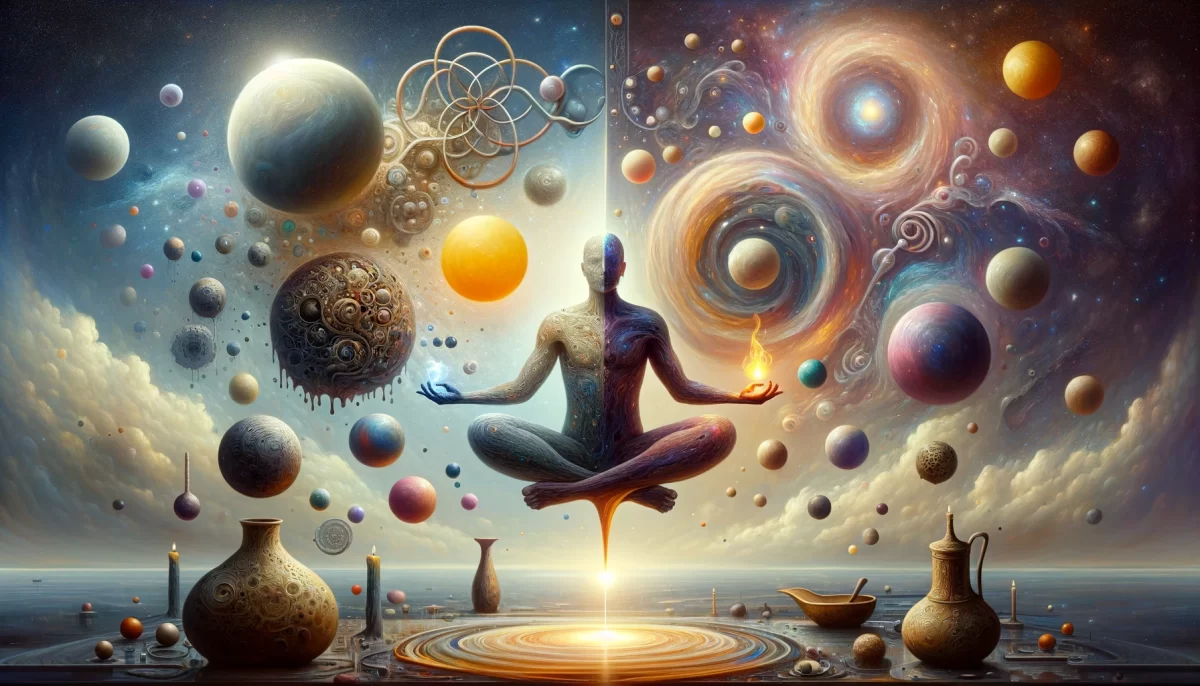

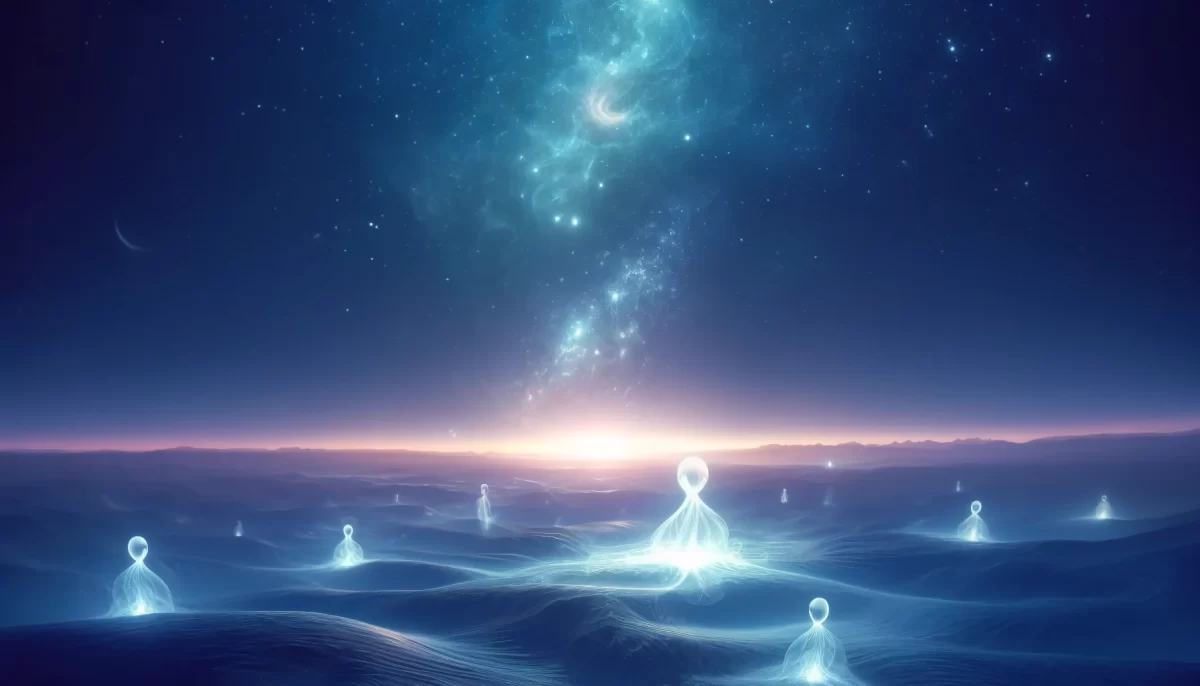
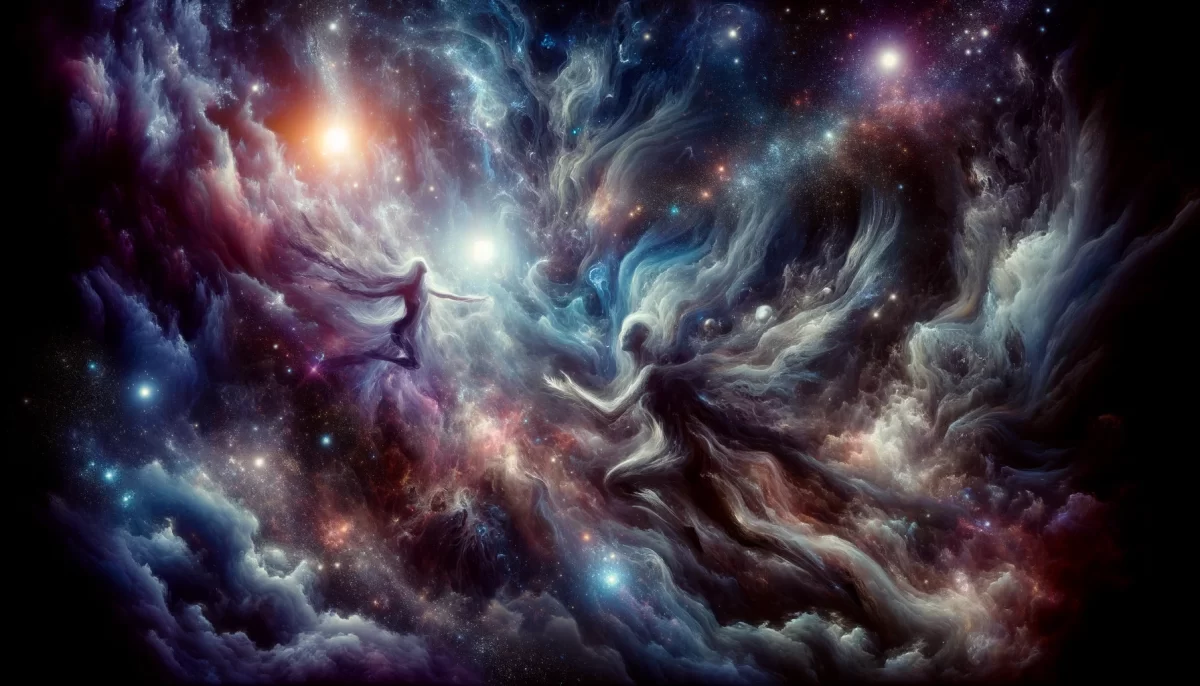

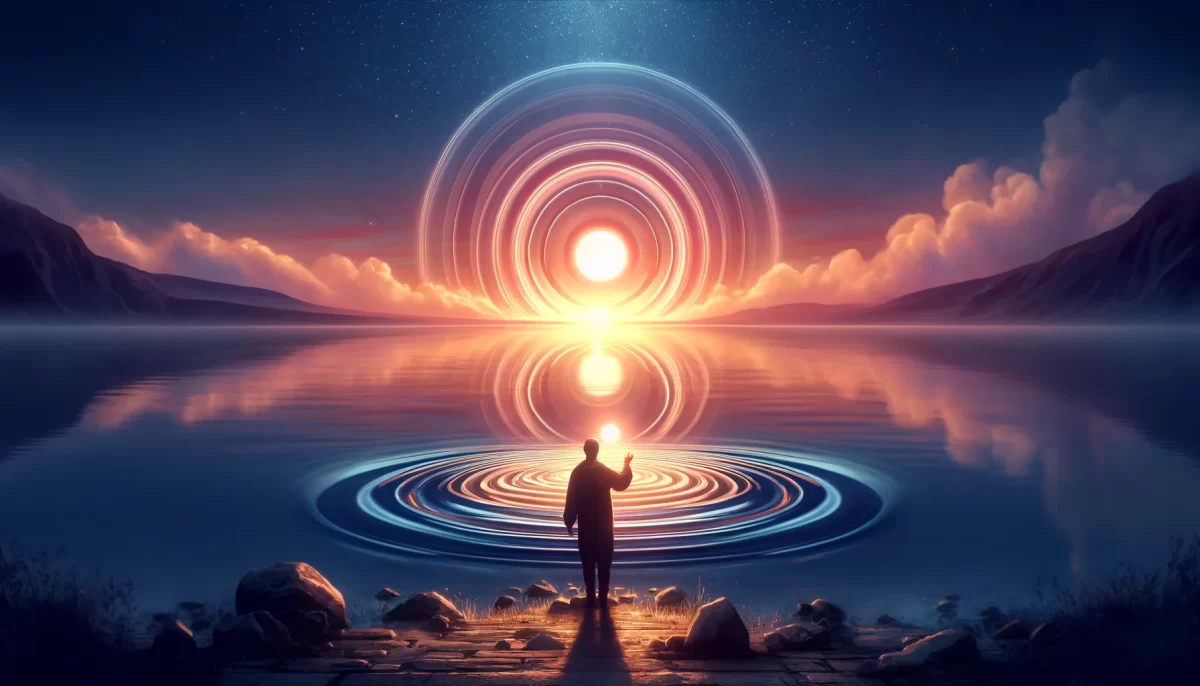
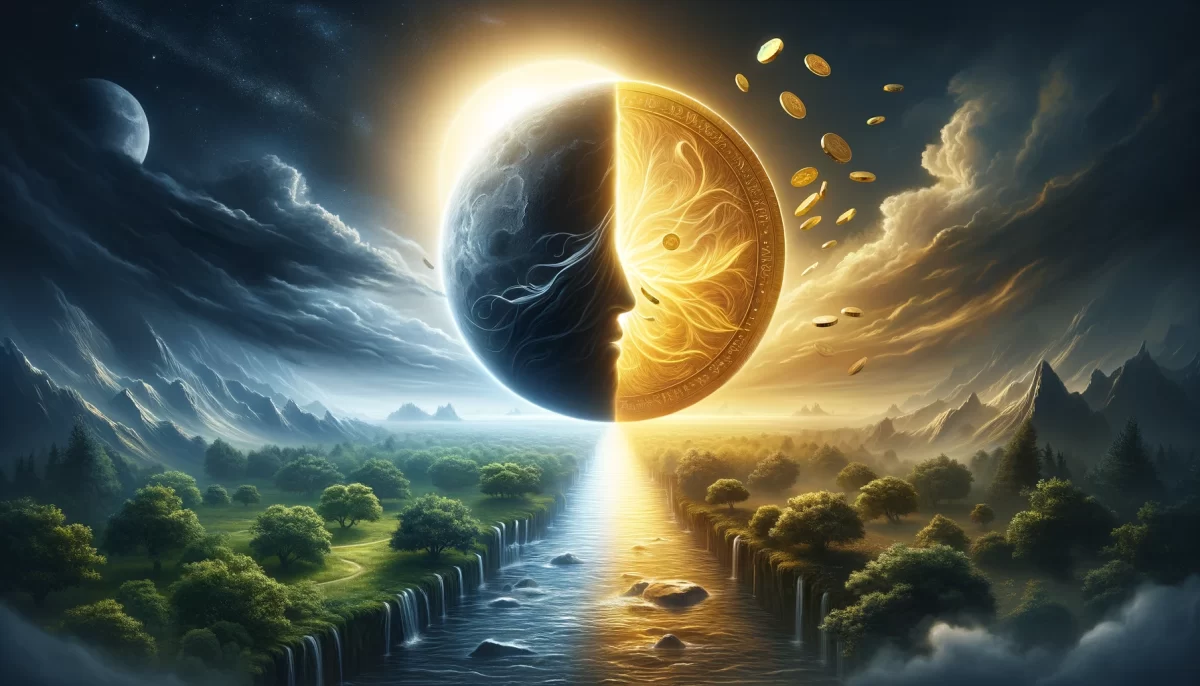
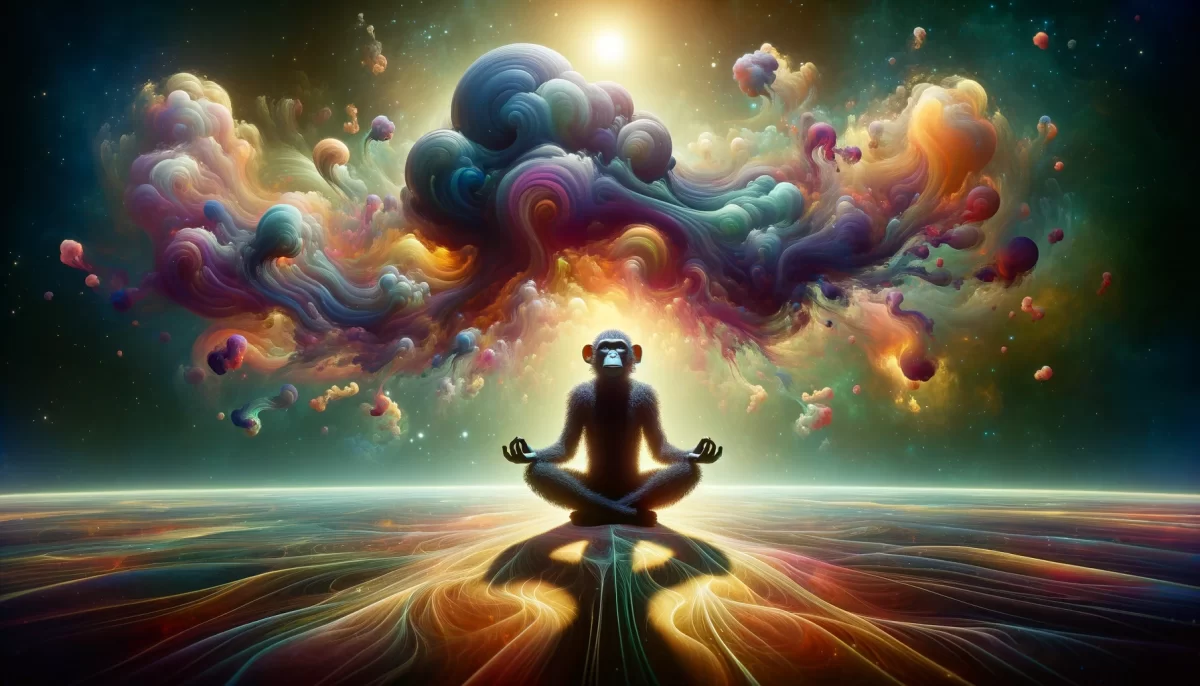
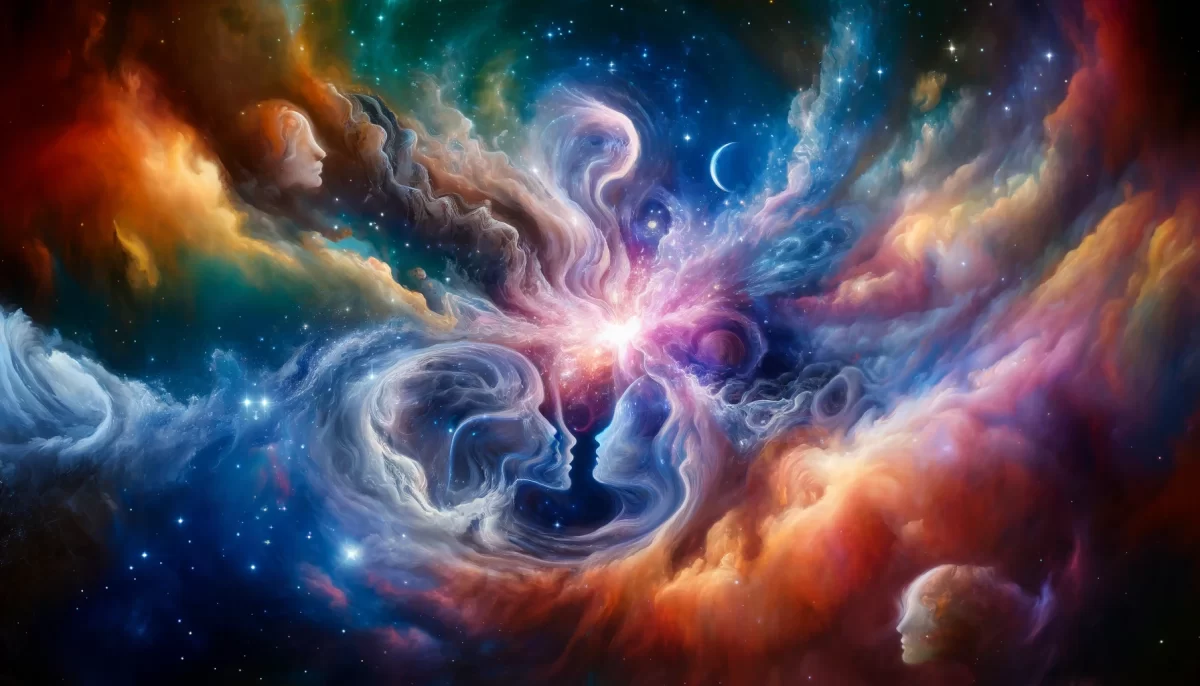
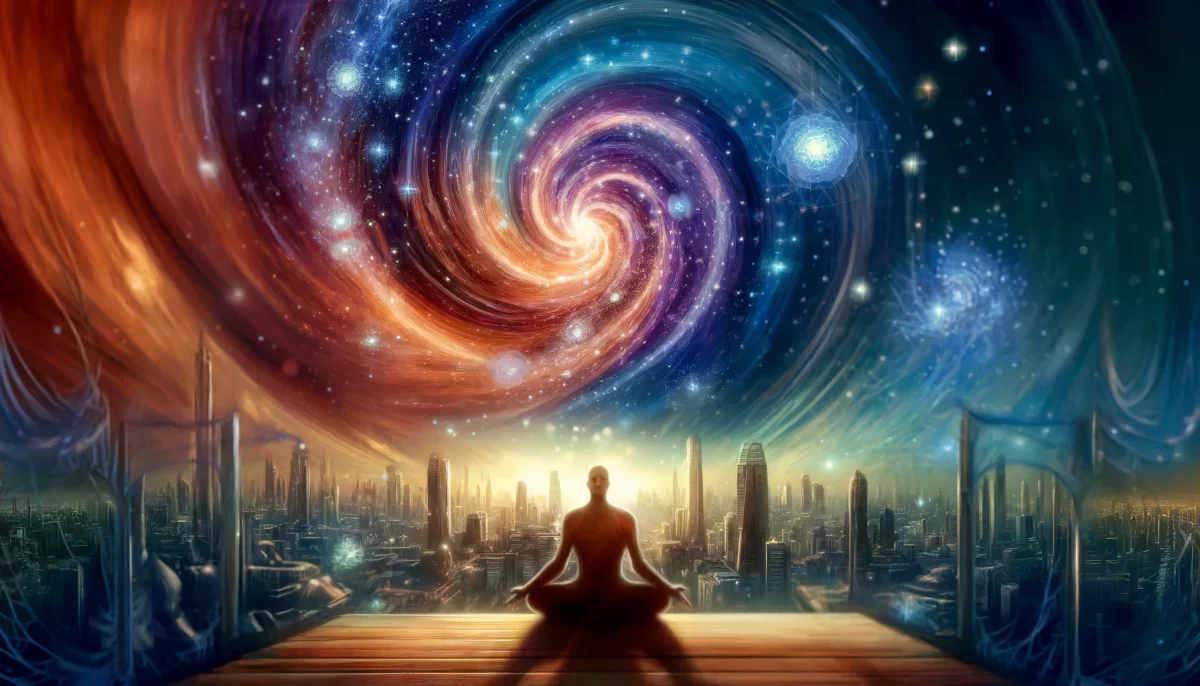
Leave a Reply